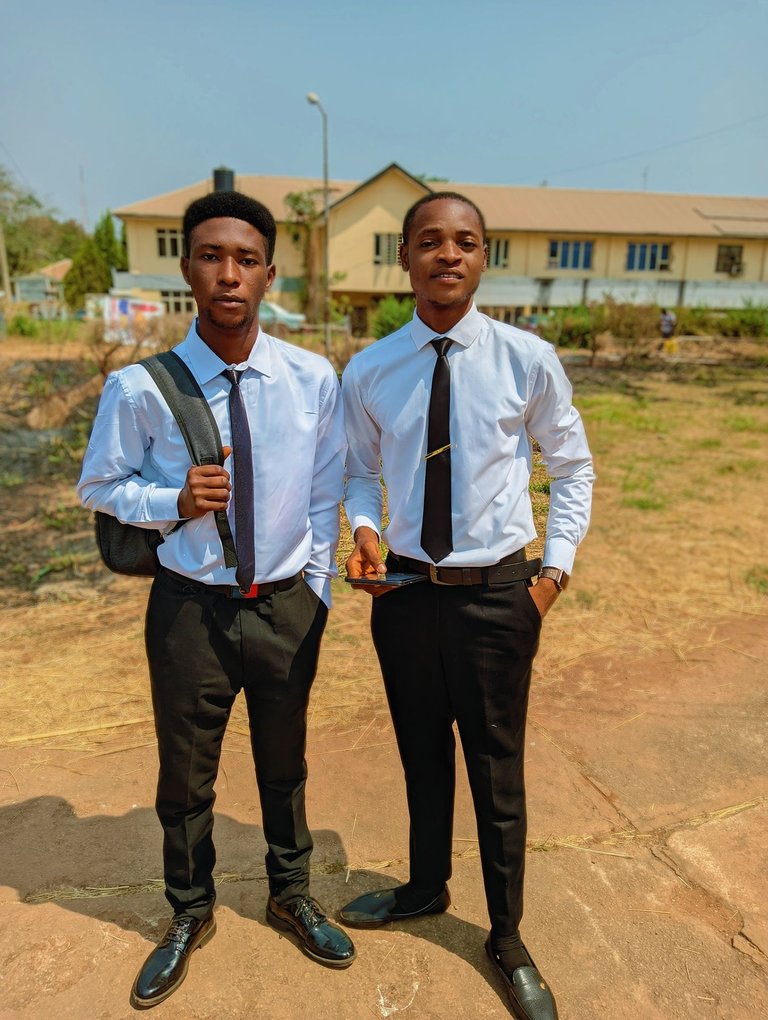Unveiling the Mysterious Phenomenon: Boanthropy

Have there ever been moments when you've wished for a relationship with nature so strong that you could almost see yourself turning into an animal? Despite its strange name, the phenomena known as boanthropy has long piqued the interest of academics, psychologists, and anthropologists. The term "boanthropy," which comes from the Greek words "boas" (bovine) and "anthropos" (human), describes an uncommon psychological illusion in which people honestly think they have changed into an animal, usually a cow. This essay delves into the fascinating realm of philanthropy, examining its expressions, potential origins and consequences, and its representation in literature and society.
Manifestations of Boanthropy
Even though it is uncommon, boanthropy has been recorded historically in varied degrees of severity. Individuals who fall victim to this misconception frequently exhibit mentally and physically bovine tendencies. Physical indications might include walking like a quadruped, making noises like cows, or even eating grass. Psychologically, those who are boanthropic have a strong sense of affiliation and bonding with cows, assimilating cow mentalities into their everyday existence.
The Origins and Consequences of Boanthropy
Researchers are curious and perplexed as to why boanthropy persists because the fundamental reasons are still mostly understood. Some theories argue that the variables might be hereditary predispositions or neurochemical imbalances; others think that environmental triggers and psychological stresses could be important. Boanthropy can have both interesting and unsettling outcomes. Some people experience a deep sense of satisfaction and oneness with nature as a result of believing they can change into animals. Others, on the other hand, may experience social isolation as a result of society viewing their actions as abnormal and unusual.
Boanthropy in Literature and Culture
Throughout history, boanthropy has been incorporated into a variety of artistic mediums, especially literature and folklore. According to Greek mythology, Zeus, the deity, turned King Lycaon into a wolf as retribution for feeding him human meat. Like boanthropy, this punishment, called lycanthropy, highlights the long-standing preoccupation with human-animal changes. In addition, Ovid's literary classic "Metamorphoses" tells the story of Io, who was changed into a cow by Zeus, among many other shape-shifting tales. These incidents emphasize even more the attraction and continuing appeal of animal transformations in human society.
Modern Perspectives on Boanthropy
Psychology has been more aware of boanthropy in recent years, and experts are being urged to comprehend and deal with this peculiar occurrence. Present research investigates prospective therapy strategies and develops diagnostic criteria to identify and categorize people with boanthropy. Pharmacological therapies and cognitive-behavioral therapy have demonstrated potential in reducing the related discomfort and enhancing the quality of life for the affected person.
To sum up, boanthropy continues to be an intriguing and mysterious phenomena that has captured people's attention for ages. The idea that one may change into a cow or any other animal offers a distinctive perspective on the complex interactions that exist between animals and people. Even though we still don't fully understand the causes and effects of boanthropy, it is critical to handle this condition with compassion and understanding. By deepening our knowledge, we intend to be able to help and counsel those who encounter boanthropy while also solving some of the enigmas surrounding the human psyche.
References
- https://medium.com/our-weird-wonderful-world/boanthropy-one-of-the-weirdest-disorders-youve-never-heard-of-cd8f65cb53b4
- https://journal.medizzy.com/am-i-a-cow/
- https://en.m.wikipedia.org/wiki/Boanthropy
_ https://pharmaceutical-journal.com/article/opinion/nebuchadnezzar-and-boanthropy


moooo
!LOLZ
lolztoken.com
Pretty soon he would be bacon.
Credit: reddit
@jsalvage, I sent you an $LOLZ on behalf of irivers
(1/1)
Delegate Hive Tokens to Farm $LOLZ and earn 110% Rewards. Learn more.
Thank you for your witness vote!
Have a !BEER on me!
To Opt-Out of my witness beer program just comment STOP below
View or trade
BEER.Hey @irivers, here is a little bit of
BEERfrom @isnochys for you. Enjoy it!Learn how to earn FREE BEER each day by staking your
BEER.Thanks for your contribution to the STEMsocial community. Feel free to join us on discord to get to know the rest of us!
Please consider delegating to the @stemsocial account (85% of the curation rewards are returned).
You may also include @stemsocial as a beneficiary of the rewards of this post to get a stronger support.